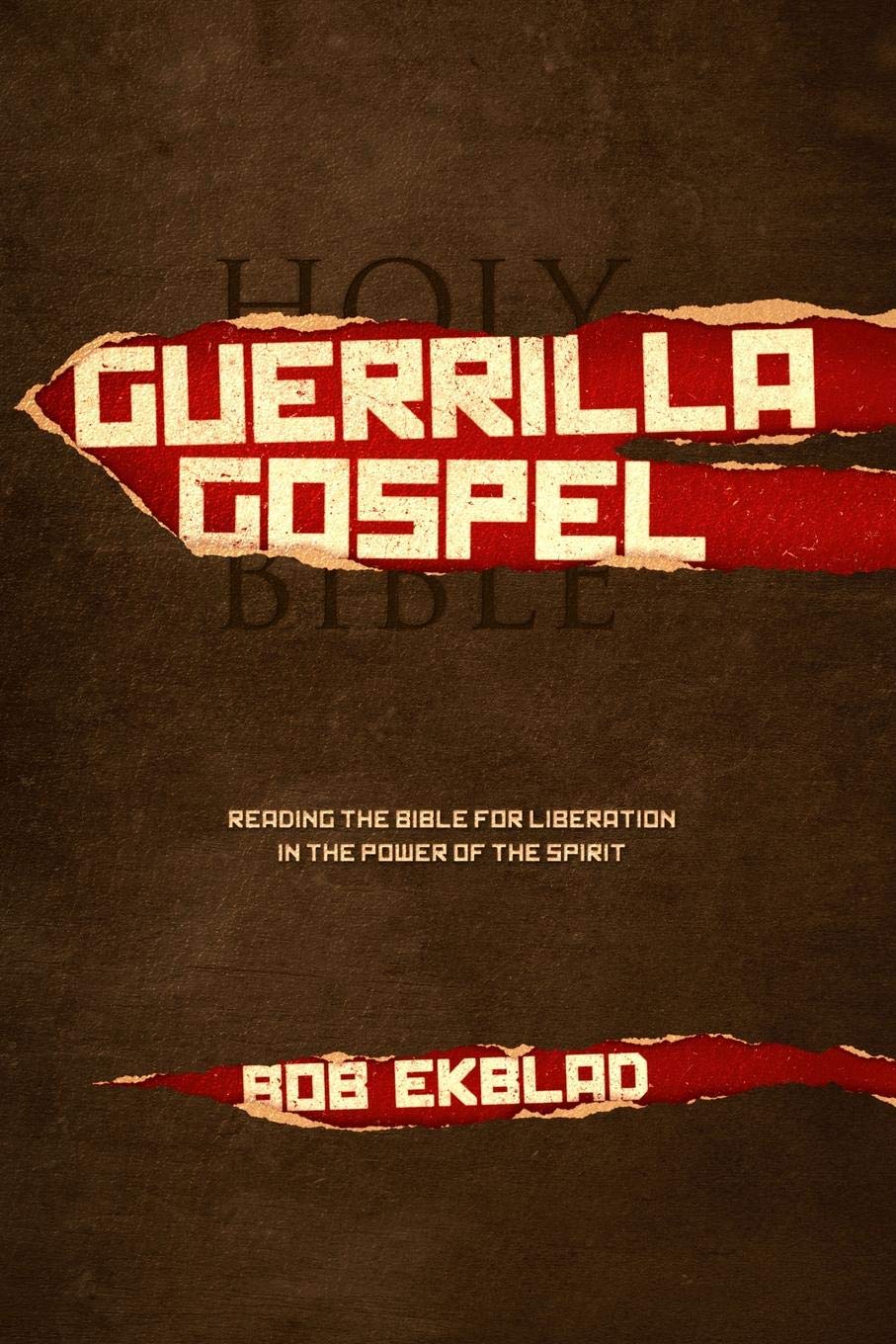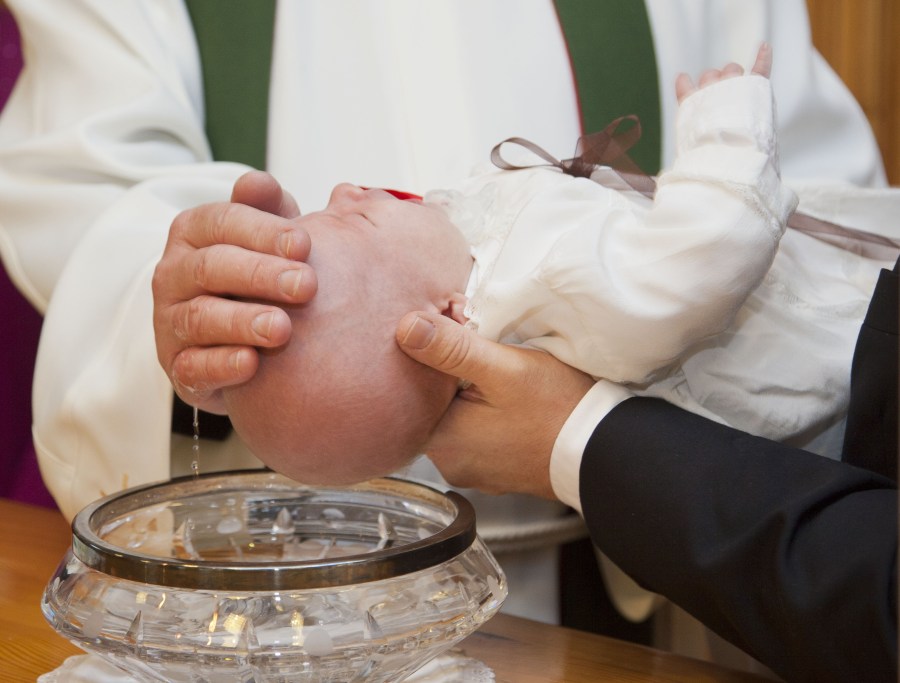sermon – what if god was one of us?
When Rev. Rachel invited me to speak this morning, she jokingly said that I could be her “token Christian” and talk about Jesus. So, that’s what I intend to do today.
In a Unitarian Universalist context, it would be easy to talk about Jesus as a teacher of wisdom or the leader of a movement, but I decided to take a slightly more interesting path and talk about one of the distinctive theological principles of the Christian spiritual tradition: the divinity of Christ.
Before I jump into this subject, I think a certain disclaimer is in order. Something I have long admired about you, my Unitarian Universalist friends, is the way that you create a safe haven for so many people who struggle with and/or experience exclusion from other religious communities. This “love beyond belief” is an amazing gift that you offer to the interfaith community, and I heartily thank you for it. The fact is not lost on me that many who find their way to a Unitarian Universalist congregation come as religious refugees from Christianity, the very tradition I represent here today. I stand before you with a sorrowful awareness that Christians have deeply wounded some of you in the name of Jesus. Speaking as a Christian, I am ashamed and angry at these injustices that continue to be heaped upon others in the name of my religion. The greatest threat to Christianity in the world today is not Islam, secular humanism, or Communism, but Christians who refuse to practice the principle of unconditional love taught by our Lord and Savior.
For many of you, it is entirely possible that the path of healing is dependent on this faith community, where the acceptance of traditional Christian dogma is not a requirement for membership. I want to reassure you, at the outset of this talk, that this cherished aspect of your church is not about to change. I am not here this morning to convert or convince anyone toward any doctrinal position, Christian or otherwise. What I intend to do today is explore one way that the Christian spiritual tradition might be able to provide useful tools in the joint, interfaith cause of justice and compassion in this world. I hope these words of mine will be helpful to people from any or no religious background, including Unitarian Universalism.
In the song we just listened to, Joan Osborne asks a significant question: “What if God was one of us?” This is the very question Christians have been asking for almost two thousand years. Since the beginning of our movement, we have sought to take the idea of the Divine out of the heavens and give it flesh and blood on earth. In the theological language of our tradition, we call this attempt the mystery of the Incarnation.
For Christians, Jesus Christ is more than just an historic teacher and leader. Whether or not we take literally the biblical claims about his life, death, and resurrection, Jesus is, for Christians, the eternally living embodiment of the Divine. Christians call him “God incarnate,” which literally translates as “God in-the-flesh.”
One of the most well-known titles for Jesus in the Bible and early Church is Son of God. This Messianic title, far from being a commentary on the historical Jesus’ parentage, is a statement about who Jesus is and what he reveals to us. Christians call Jesus the “Son of God” in the same way that others might look at a child and see reflections of the parent in that child’s face or personality. When I look at my seven-year-old’s features, I see my father-in-law staring back at me. When I hear my nine-year-old shout, “Look at me!” during a performance, I say to myself, “She is her mother’s daughter!” In the same way, Christians look into the loving eyes of Jesus and understand what God must be like. That is why we call him the Son of God.
This, I think, is the unique contribution that Christianity can make to interfaith dialogue: We find God in a person. Other religions encounter the Divine in sacred books and rituals. The prophet Muhammad (pboh) was the vessel through which the Qur’an was revealed; the Buddha taught the Eightfold Path; Lao Tzu wrote the Tao Te Ching. But Christianity is unique among the world’s religions insofar as we believe that Jesus Christ was not simply God’s messenger, but also the message itself.
Why is it important that Christians find God in a person? It’s important because you relate differently to a person than you do to a text or ritual. You can agree or disagree with a text; you can observe a ritual or not; but a person must be loved in an intimate way. I married my wife in a ritual; I abide by the limits set by the rules of monogamy; but the real substance of our marriage is in the love that is shared between us, as persons.
It is the same for Christians in our spirituality: we look into the eyes of a person and find there the embodiment of everything that is good and true. We look at Jesus of Nazareth and find in him the meaning of life.
One does not need to be a Christian, or even believe in God, to benefit from this kind of spiritual practice. Jesus himself never criticized someone for their theology, but thanked them for their trust. In the words of Jesus himself, the true measure of our faith is not in our religious observance, but in the way we treat one another.
Jesus’ followers once asked him,
Lord, when was it that we saw you hungry and gave you food, or thirsty and gave you something to drink? And when was it that we saw you a stranger and welcomed you, or naked and gave you clothing? And when was it that we saw you sick or in prison and visited you?
And Jesus said to them, in Matthew 25:40 (look it up): “Truly I tell you, just as you did it to one of the least of these who are members of my family, you did it to me.”
Later in the New Testament, Jesus’ biological brother James, a bishop in the early Church, said to his congregation:
What good is it, my brothers and sisters, if you say you have faith but do not have works? Can faith save you? If a brother or sister is naked and lacks daily food, and one of you says to them, “Go in peace; keep warm and eat your fill,” and yet you do not supply their bodily needs, what is the good of that? So faith by itself, if it has no works, is dead… Show me your faith apart from your works, and I by my works will show you my faith (James 2:14-17, 18b NRSV).
Christians believe the meaning of life was revealed through a person, therefore real people out to matter to us; Christians believe God took on material flesh, therefore matter ought to matter to us. Jesus taught us that the way we treat one another is a reflection of the way we treat God, therefore we are honor-bound to show our neighbors the kind of respect and sacredness we would show to God’s own self.
I would invite you this morning to turn to the person next to you, whether that person is your spouse, or a stranger, or anything in between. Look deeply into that person’s eyes. Try to imagine in that person what the early Christians saw in Jesus Christ. See in your neighbor’s eyes the meaning of life itself. Try to see in them everything that is good, or noble, or true. Continuing to look into that person’s eyes, hear in your ears the great wisdom of Jesus: “You shall love your neighbor as yourself (Matthew 22:39).”
Friends, this is the great contribution that Christianity can make to the world around us, whether people follow the Christian religion or not: that God (or the meaning of life) can be found in people. Each of us carries a spark of the Divine within us, and therefore deserves to be treated with respect, dignity, and compassion.
As a Christian, I look at the seven Principles of Unitarian Universalism and find in them a helpful guide for living the faith that Jesus taught:
• The inherent worth and dignity of every person;
• Justice, equity and compassion in human relations;
• Acceptance of one another and encouragement to spiritual growth in our congregations;
• A free and responsible search for truth and meaning;
• The right of conscience and the use of the democratic process within our congregations and in society at large;
• The goal of world community with peace, liberty, and justice for all;
• Respect for the interdependent web of all existence of which we are a part.
Whether or not you consider yourself a Christian, I hope that you are able to leave this place today and find in the eyes of your fellow human beings the source of goodness, truth, and meaning for life. I hope that our time together today has inspired you to treat your fellow “strangers on the bus” with all the respect and dignity they deserve. And finally, if you can accept the term (in whatever way makes sense to you), I hope you have found the faith to answer Joan Osborne’s question in the affirmative: “Yes, God is one of us.”







